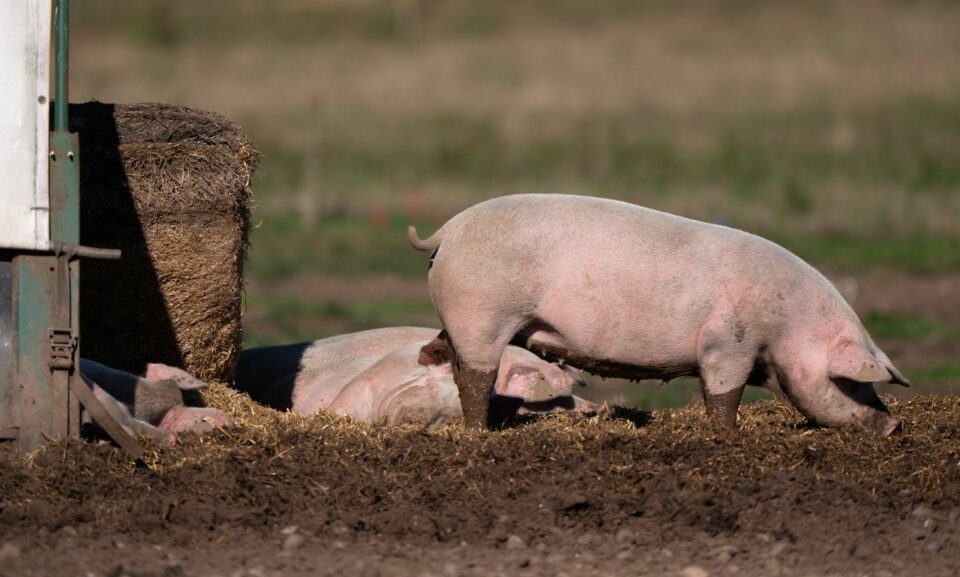The government is set to launch a new financing scheme to lower interest rates for pig and poultry farmers as well as animal feed producers in need of bank loans.
The new scheme has been designed to reduce interest rates on loans given to pig and poultry farmers as well as others in the value chain to as low as 8 per cent, according to a government official.
Solange Uwituze, Deputy Director General in charge of Animal Resources Research and Technology Transfer at Rwanda Agricultural and Animal Resources Development Board (RAB) told The New Times that the government could pay for beneficiaries up to interest rates totalling up to Rwf100 million.
“This means that a farmer or animal feed producers must make sure they request a loan that will not exceed the interest rate worth Rwf100 million,” she disclosed.
This means for example, she illustrated that if a bank calculates that you have to pay Rwf350 million interest rates on a loan you acquired, we will only pay Rwf100 million for you.
At least Rwf2 billion, she said, will be channelled through the Development Bank of Rwanda (BRD) which will work with commercial banks to lend it out to beneficiaries.
She disclosed that the funding will begin this month.
The move is part of the measures to increase the share of bank loans to the agriculture sector, which has stagnant at around 5 per cent of the total loans to the economy.
With lower interest rates, government hopes to attract more investment in the industry to increase production of poultry and pig products.
It will also raise the country’s prospects of meeting its 2035 and 2050 food demand.
Rwanda’s population is projected to grow 18 million people by 2035 and 22 million by 2050, increasing the country’s food demand.
“Arable land is limited and that is why we need to do farming in a professional and modern way,” she noted.
Increasing animal food reserves
The government also hopes that the low interest rates will spur investments in livestock production to boost the balance sheet of animal feeds.
“The alternative, for instance, includes multiplication of flies known as ‘black soldier flies’ which have qualities as that of soybeans,” Uwituze said, disclosing that the government has hired researchers to assess the viability of this type of animal feed.
The findings on the project are expected by the end of this year.
Such flies, she said, are fed on waste or left overs such as fruits and food and then they lay large quantities of eggs which are dried and produced into animal feeds for pigs, poultry and fish.
She added that three animal feed factories are working with government institutions in charge of standards on feeds from black Soldier Flies which are considered as an inexpensive and sustainable source for animal feed.
Research is also being carried out on sweet potato vines to be mixed with other ingredients such as black soldier flies to make quality feeds for animals.
Farmers, animal feeds producers speak out
According to Steven Mufafiri, the poultry and pig farmer who is also owner of Walker Animal Feed Factory, the animal feeds are still expensive because raw materials are expensive. Production is also low, he says.
“We need financing and subsidies to increase production of animal feeds for poultry and pigs and it could also reduce the price of animal feed,” he said, adding that if farmers in association group themselves together, they can be facilitated to buy feed at a good price from the factory without relying on middlemen.
Jean Claude Shirimpumu, the Chairman of Rwanda Pig Farmers Association, said that the association has set up rules that will guide it in revamping the sector and tapping into new opportunities.
According to RAB, at least 10 improved pig slaughterhouses across the country need to be constructed before the end of the current fiscal year, saying there are also two big and modern slaughterhouses and processing plants for pigs planned for by 2023.


